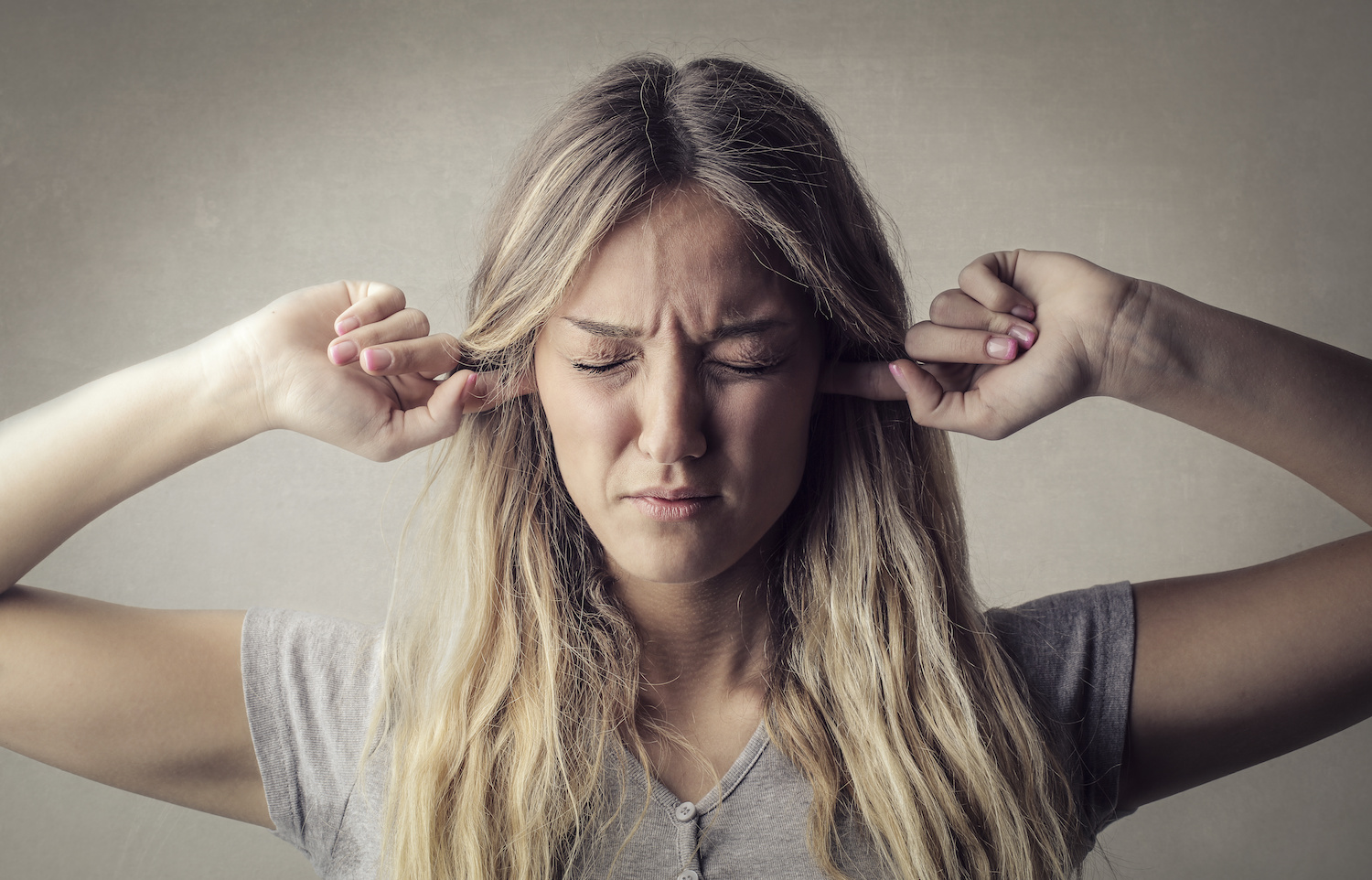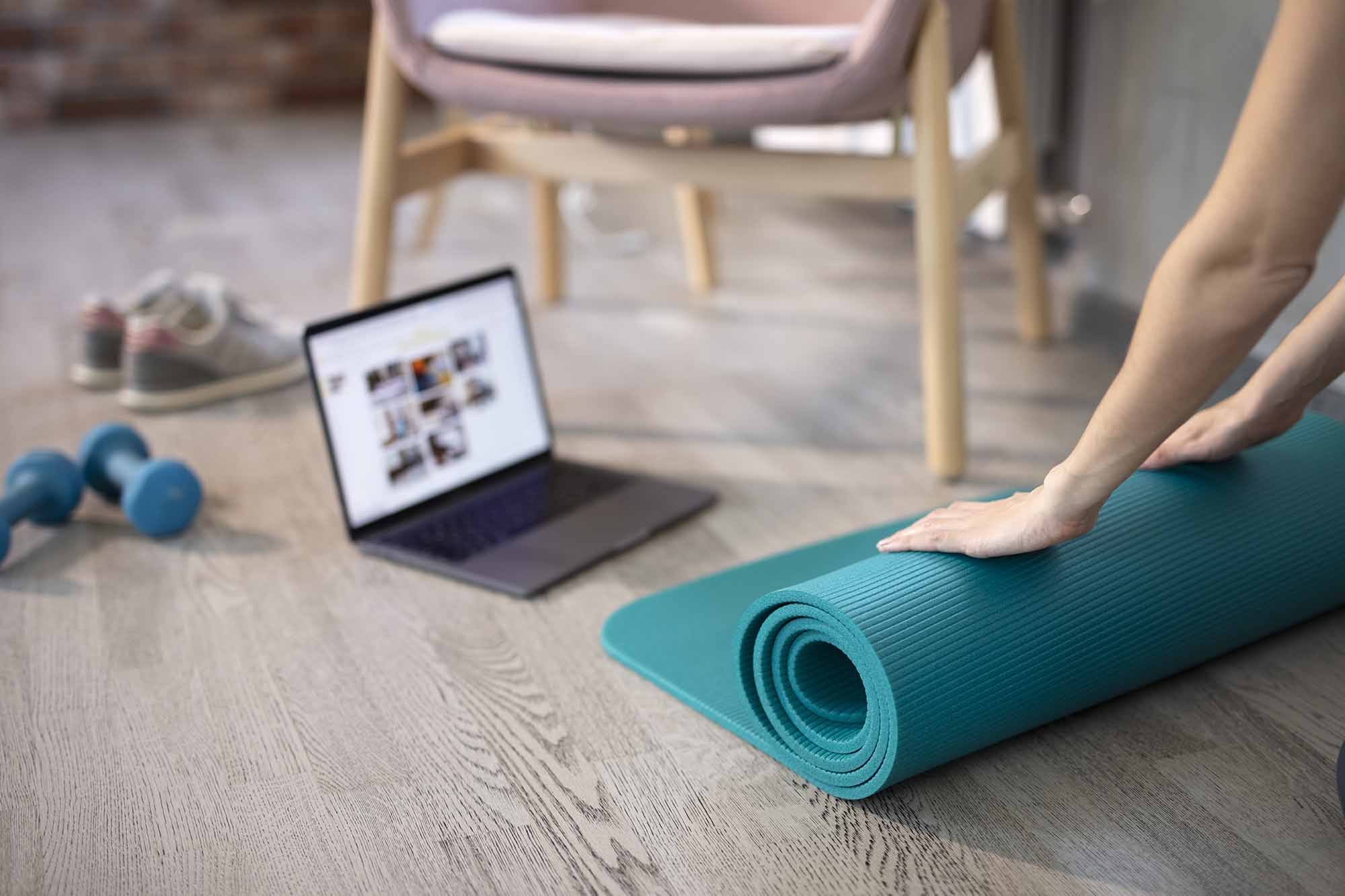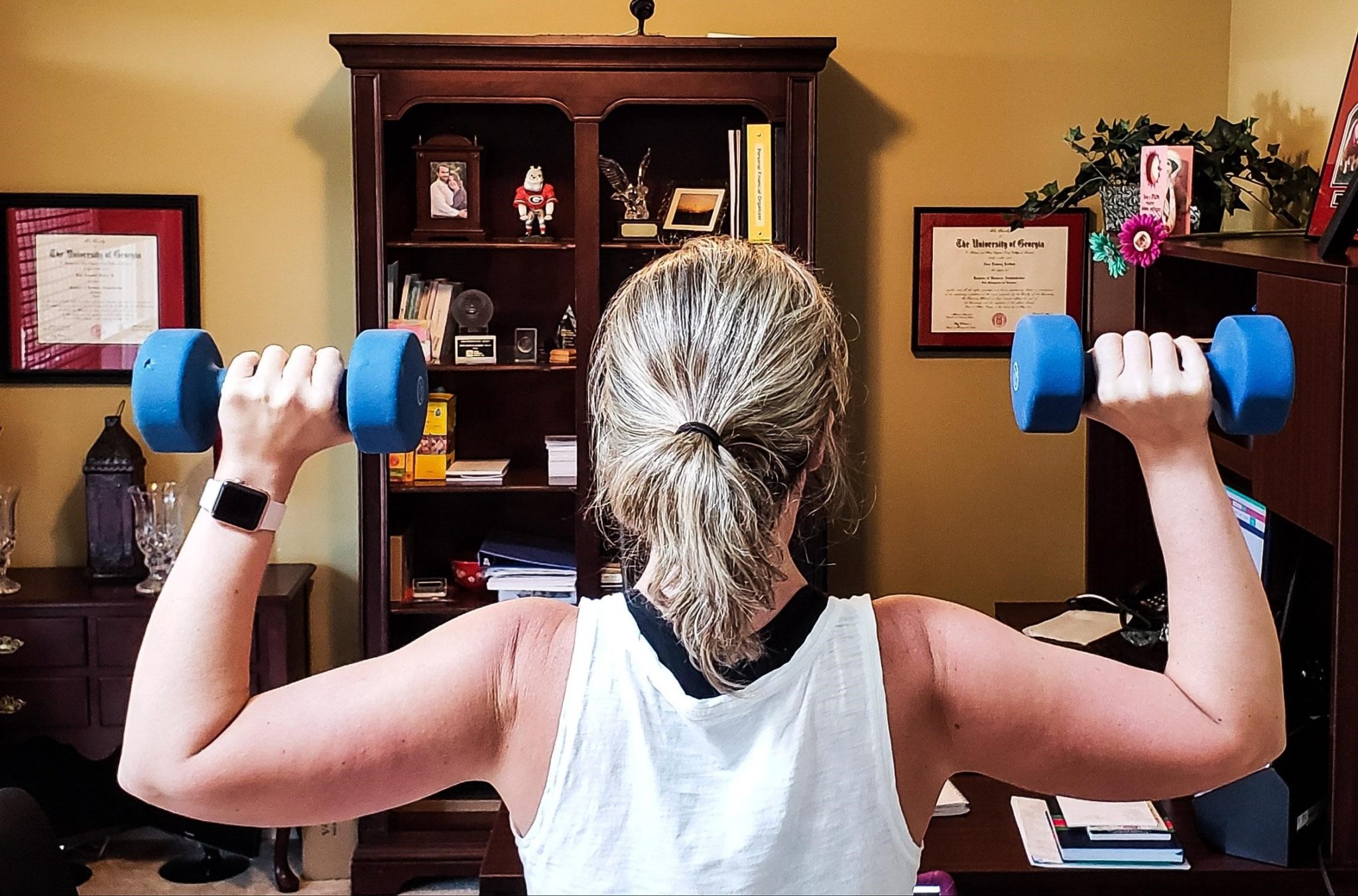When we think about pollution, we usually conjure up images of smog-choked cities filled with citizens wearing smog protection masks. Or, perhaps we think of polluted bodies of water, shorelines covered in dead wildlife and hazardous materials. We rarely consider noise pollution but we should because we are bombarded with overwhelming sounds almost every day. These constant, incessant noises can wear us down and wreak havoc on our nervous systems, potentially leading to increased anxiety, stress, and other health issues.
Noise pollution happens everywhere—in our homes, in our workplaces, in public spaces, on roads, in malls, and even when we’re out enjoying a nice day at the beach or park. Noise pollution is the transmission of sounds that are harmful to human or animal life. In other words, it is those loud noises that impact our quality of life.
What Causes Noise Pollution
According to the World Health Organization, road traffic is the biggest cause of noise pollution in cities. While noise pollution is most often caused by automobiles, motorcycles, and other traffic, airplanes, helicopters, loudspeakers, and construction all contribute to noise pollution as well.
Noise pollution isn’t just caused by road traffic, air traffic, and construction, it’s also caused by the proliferation of electronic devices that have become ubiquitous over the last few years. Phones, computers, television sets, home appliances, and portable speakers have increased the amount of noise pollution we are exposed to every day.
Urban planning is also a cause of noise pollution. Major thoroughfares that are too close to residential areas, congested housing, mixed-use zoning, lack of noise canceling features, and lack of plant life can all contribute to increased noise pollution.
Health Impact of Noise Pollution
Noise pollution is more than just an annoyance; it can also lead to adverse health effects. In fact, studies have shown that noise pollution can damage physiological and psychological health, it can cause hypertension, it can increase stress levels and anxiety, and even lead to coronary artery disease. Children living in high noise pollution areas have delayed reading ages and diminished attention levels. What’s more, people exposed to long-term noise pollution often experience noise-induced hearing loss.
How to Protect Yourself and Your Family From Noise Pollution
Unfortunately, noise pollution is here to stay. Our global economy and culture are indelibly reliant on loud things and that won’t change overnight. But there are a few things you can do to help reduce and minimize noise pollution in your life.
Reduce Noise in Your Home
The easiest place to reduce noise pollution is in your home. This includes keeping the volume on your television set low, and turning it off altogether when you’re not watching it. Likewise, if you listen to music or use appliances that cause loud noises, only use them during the middle of the day so you don’t interrupt sleep or create extreme noises during quiet times.
Keep in mind, not all noise is necessarily bad noise! Ironically, using a white noise machine to minimize the impact of outside noise and create a softer sound environment can reduce stress caused by noise pollution. In fact, many people find that white noise machines or white noise apps dramatically improve sleep.
Noise Muting
Carpet, rugs, and drapes help mute noises by absorbing some of the sound waves. Especially if your home has hardwood, tile, or linoleum flooring. These types of floors can magnify sounds. In the same way, plants can soak up sound waves and help to minimize noise pollution in your home (as an added benefit, keeping live, green plants in your home can also reduce stress). If you are able, a fence around your yard can act as a barrier to road and other outside noise that can destroy the quiet of your home.
Check the seals around your windows and doors. Adding noise proof sealant can help minimize noise penetration from outside. In the same way, double paned windows and high-quality insulation can help mute outdoor noise from getting into your home.
Make Peace and Quiet a Priority
In our technologically-connected age, avoiding devices can be challenging. That’s why it’s important to set quiet times in your home. In the morning and before bedtime you should turn off TV sets, eliminate electronic noise, and stop noise creating chores like running the dishwasher, the vacuum, or the washer and dryer.
Setting and keeping, quiet times in your home can help you create a respite from daily noise pollution. What’s more, it gives your ears, and your nervous system, a chance to rest and reset for the noise bombardment you’ll face the next day.
Contact City Officials
If neighborhood noise is bothering you, it’s most likely bothering others as well. Most cities have noise ordinances that dictate when loud noise is permissible. Construction, yard work, music, and other noises are allowed during certain hours, but these noise creating activities must cease during city mandated quiet hours.
If you live near a busy road that doesn’t employ sound absorptive barriers, you should consider contacting city officials to request noise abatement solutions for your neighborhood. These walls and other barriers fight noise pollution by deflecting sound waves from roads and minimizing the sounds that reach neighborhoods adjacent to busy
Protect Your Ears
The most effective way to take control over noise pollution is to protect your ears with noise canceling items. Earplugs and noise canceling earmuffs can greatly reduce and even eliminate outside noise from reaching your eardrums—allowing you to sleep, concentrate, block out noise, or reduce the impact of noise caused by work.
When choosing ear protection, ensure you choose items that are designed for comfort and effectiveness. Organizations that focus on hearing protection, like Moldex-Metric, provide ergonomic ear protection –– from earplugs to earmuffs –– that can block out noise pollution and contribute to a quieter, healthier lifestyle.
Eliminate Noise Pollution and Protect Your Family
Noise pollution is more than just an annoyance; it can impact your quality of life and lead to serious health problems. However, by making peace and quiet a priority, you can avoid the adverse health effects of noise pollution and provide a healthier life for you and your family.
David Olson
David Olson is a writer, content strategist, and eBook author. He specializes in the latest developments in technology and how they help companies communicate with evolving consumer bases worldwide.
Comments:
Leave a Reply
Comment will held for moderation








One of my neighbors continues to play extremely high volume music at midnight very often. This cause us sleep disturbance along with multiple aspects of physical and mental health problem.
We need to protect ourselves from the adverse health effects of noise pollution and provide a healthier for us and our neighborhood.
I love shopping at my favorite stores, at least I use to. It seems that it is no longer enjoyable when you have music blasting in your ears and you can’t concentrate. The majority of the stores are adopting music that is actually annoying to the customer. What is going on in the retail industry that they seem to think this is a good thing for customers? Are they trying to appease their workers and make them happy with this? Because it certainly isn’t appeasing and making the shopping experience enjoyable for the customer. If you must have music, play it at a volume that is enjoyable and soothing not racking your ear drums! I think customers would remain longer in the store and possibly purchase more. Just saying..
My neighborhood is polluted with industrial plant noise. The nights are really loud. The noise at night are louder than my normal voice. Whew! My neighbor is moving. I’m thinking about moving too. I live north of hwy 108 in 70663.
I live in an apartment with those heat pump units that provide heat and air condition. One unit is right outside my bedroom window and is very loud most of the time. I am unable to get anything done about it.